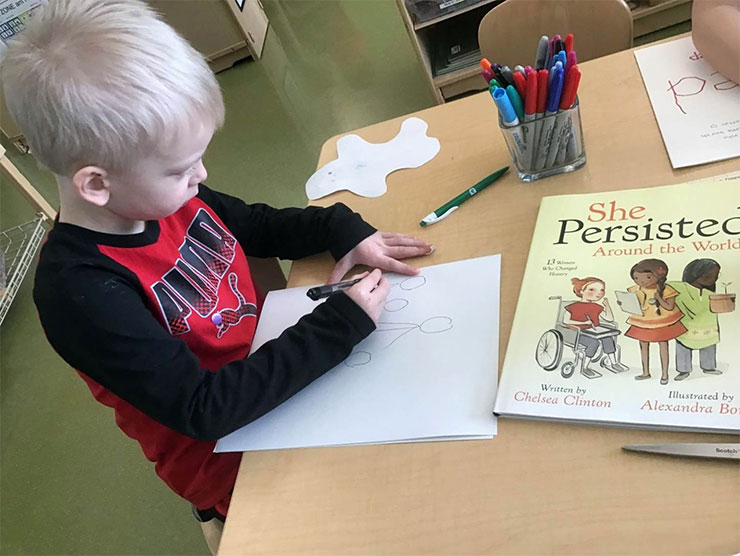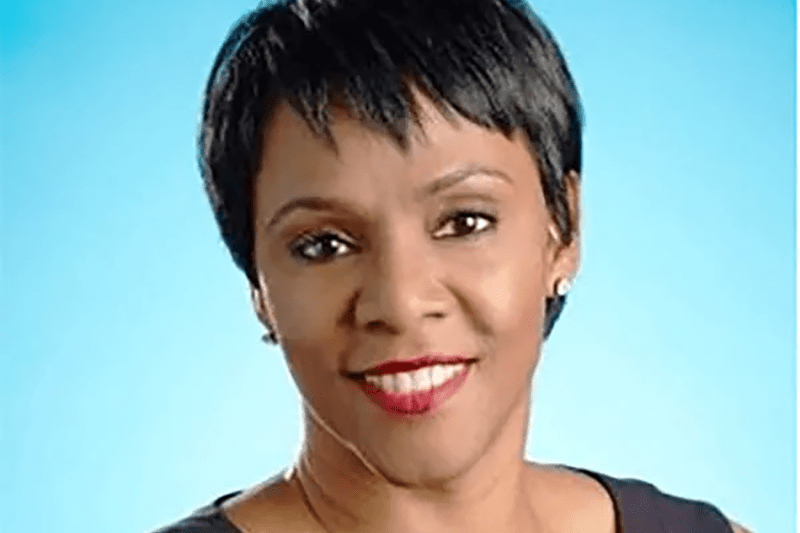The murder of George Floyd spurred companies across the country to make firm commitments to racial justice. But Diversity, Equity, and Inclusion (DEI), says Bright Horizons Chief People and Inclusion Officer Felicia Robinson, will not be advanced at the corporate level alone. To lead their teams, she told us in part one of our conversation on the subject, “People have to do the work of some kind of individual journey and individual assessment.” Here, in part two of the discussion: what those individual journeys look like, advice for white colleagues to grow in this space, and what makes her feel hopeful for the future.
Lisa Oppenheimer: What would you tell employees about their individual roles and responsibility?
Felicia Robinson: I think people need to have the humility to look at their own personal prejudices and how they might have blinders on to what they, as an individual, do that could possibly be fueling the problem. They have to have the courage and the ability to say, “I may have this wrong. I actually might not be on the right side of this. Let me open my heart, my hands, and my head to thinking about this differently.” That’s what courage looks like.
LO: People are often so afraid of saying the wrong thing, they don’t say anything at all. How do you get people past that fear?
FR: If I say, “Lisa, I need to know exactly how you feel about this. I’m not going to hold it against you,” that’s a safe space. Creating those safe spaces for people to really put themselves out there is important. When people feel like there will be some kind of repercussion, they won’t tell you how they truly feel.
LO: Many white people say they just don’t know what to do. They feel stuck. What kind of advice do you have for them?
FR: If you care about growing individually in this space, I encourage you to become a part of an Employee Advisory Group (EAG). I love the role of the EAGs. At Bright Horizons, they’re amazing. I want all of us to be a part of one; you don’t have to lead, just join. Participate in their events, listen to other people’s journeys and you will start to grow. You can’t help but grow if you’re open to it. Learning to embrace another person’s story and their truth will expand your horizons. No pun intended.
LO: Is there one thing about the national trajectory that feels especially difficult?
FR: I would say the number of people in this country who are just vehemently opposed to this progress. That’s disappointing. They are outright and vehemently opposed to making any changes that would improve things. When I think about systemic racism in its simplest core, it gets me very emotional. Because at the heart of the matter, you send this message, this very overt message, that because of the physical package they were born in, my children’s future is less important or less valued than your children’s. What is that? Shouldn’t all our children have access to have the best life possible? And not be confined to powers that are so far out of their reach? But there are powers out there that are doing things today that will negatively impact my grandchildren for years to come. I thought by now we would have been so much further along – that my children would not have to be thinking about this as much as we are.
LO: Tell me one thing you’ve seen that feels heartening.
FR: It’s when I see pictures of children who are differently abled just with the biggest smiles on their faces when they are included and valued. I feel like children come into the world pure and innocent and with so much love. That’s heartening. I also do feel it’s heartening that we are now strong enough to have these open dialogs. Before George Floyd I’m not sure I would have been comfortable even expressing the things that I’ve expressed to you today. That’s heartening!
LO: Do you have a picture of what real DEI progress will look like?
FR: That’s the question that I often ask of key stakeholders – what does success look like? And I’m not sure I have an answer that will go down in the history books. But I feel like success is when my daughter, my beautiful, intelligent African American daughter, can join any organization and be her full self and not have to be stressed…is she the only woman in the room? Is she the only person of color in the room? That physical attributes become secondary because what matters most is her ability to contribute to whatever that organization is trying to accomplish. When my daughter and my two sons can be comfortable being comfortable, that’s when progress has been made.
LO: Are you hopeful?
FR: I am hopeful. I actually think dialog is progress. I actually think enlightenment is part of that journey of progress. I came into Bright Horizons not knowing where we were on the journey, and I just think we’ve done a tremendous amount of work organizationally. There’s so much at Bright Horizons that we are doing right. And again – join an EAG. The more we can hear those stories and embrace someone’s journey that’s different from our own, the more we will continue to make progress. If we really are all about our HEART principles – and I’m thinking we’re pretty serious about those – there’s no way you can’t have a change of HEART on this DEI journey and not be impacted in a positive way.





